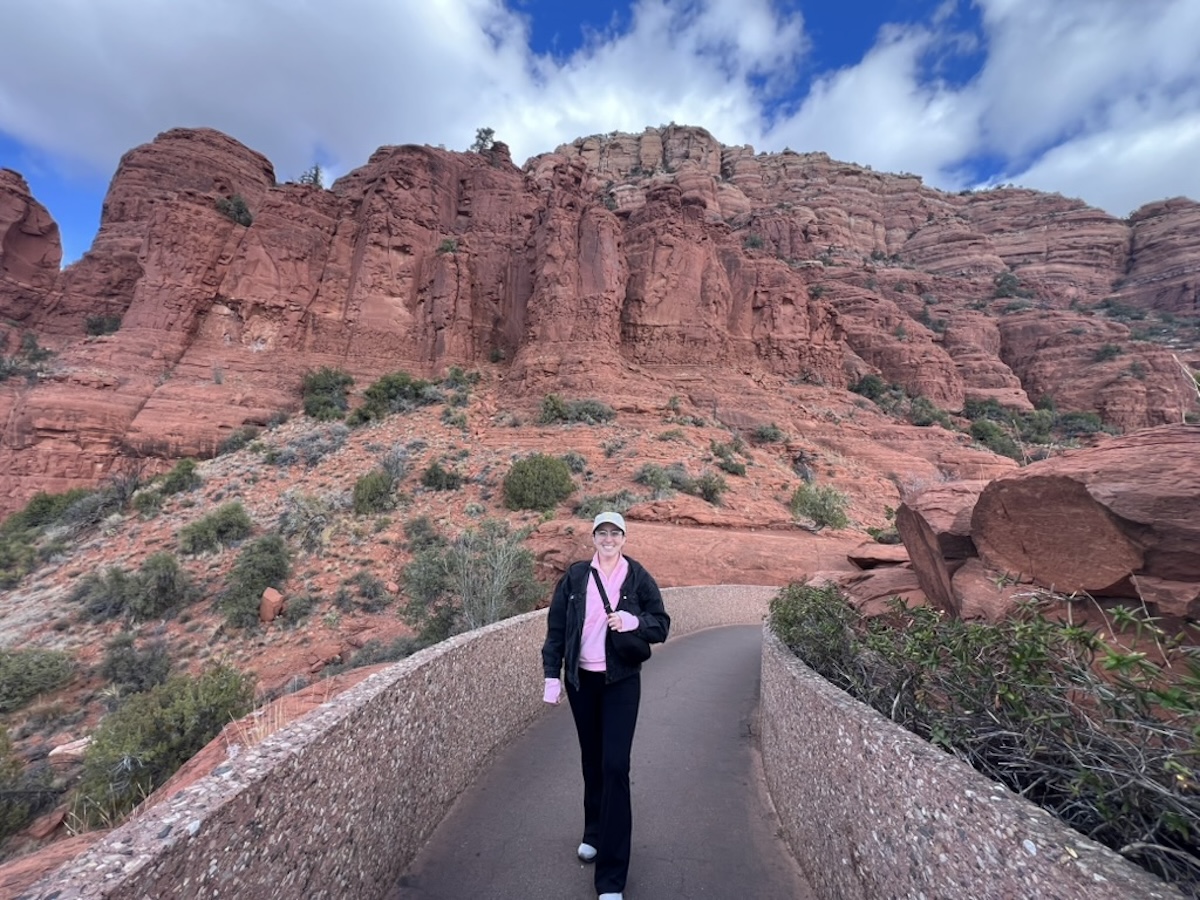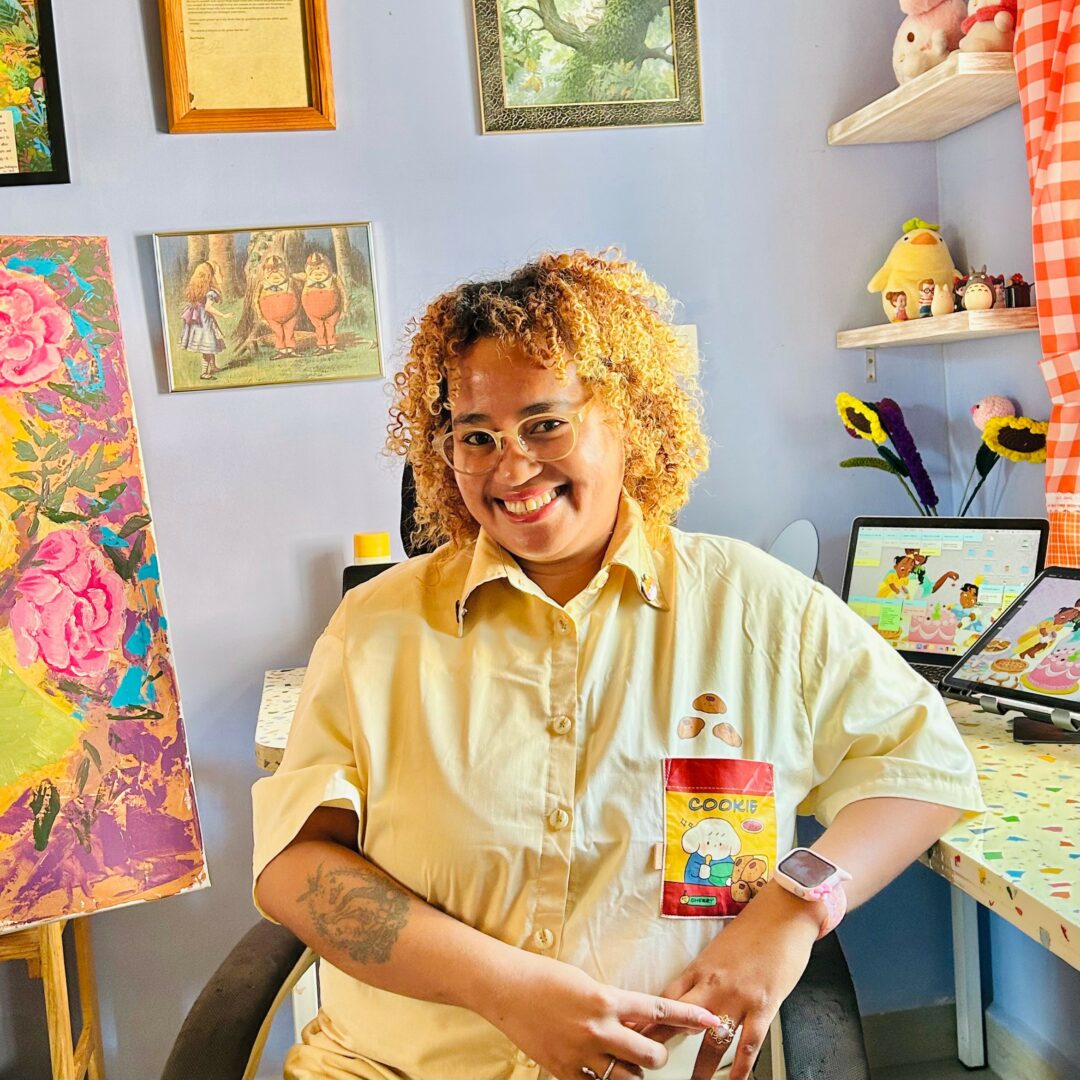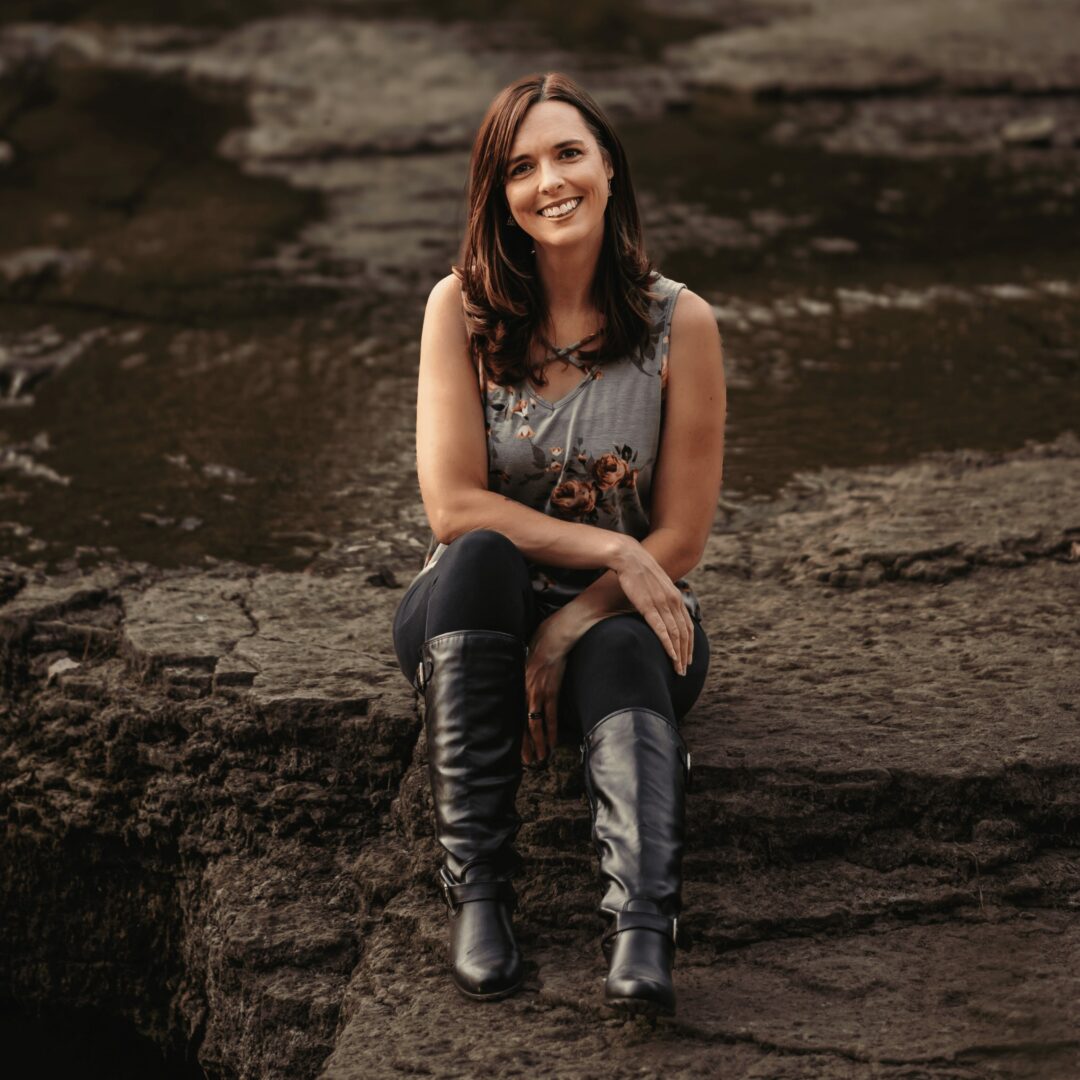We were lucky to catch up with Diane Diaz recently and have shared our conversation below.
Hi Diane, thanks for sitting with us today to chat about topics that are relevant to so many. One of those topics is communication skills, because we live in an age where our ability to communicate effectively can be like a superpower. Can you share how you developed your ability to communicate well?
Although my mother did not go to college she was very smart and an avid reader. She read everything! From the time I can remember she read books of all kinds, newspapers, magazines – everything from Ladies Home Journal to Time. So that meant all of these things were around the house and I had easy access to them. Even from a young age I might glance at Time Magazine and, although I was too young to really understand many of the articles, I was exposed to lots of vocabulary.
And when I came to a word I didn’t know, I remember asking her “mom, what does this word mean?” and she would tell me what it meant then she would say “now go get the dictionary (we had a big hard cover dictionary in our house) and let’s look it up.” I’d look up the word and read the definition to her and that solidified my understanding of words.
So, words were always an important part of my life. As I went through school I gravitated to and performed well in all the classes that had anything to do with words and language – not so much for the math classes! But language was my love! I loved the classes that had reading, vocabulary, and writing. In fact, I remember that way back when in my English classes we had learned how to diagram sentences – break down the parts of a sentence to explain how each part, like subject, verb, adjective, etc. related to one another. Most of my classmates hated this, but I absolutely loved it. I love it so much that when I got home from school I would pick sentences out of magazines, write them in a notebook and then diagram them . . . for fun!
Even though words and language were my thing, I was a very shy child. So speaking wasn’t really that much fun for me. I just wanted to fly under the radar and not be noticed. But with every assignment where I had to speak in front of the class I got better and better at it because I loved language and words so much.
Once I graduated from college and then got my MBA, I was in a job where I had to work with colleagues and consultants with much more experience than me. Because I’m small, at that time I looked at least 10 years younger than I was and didn’t want my consultants and colleagues to think I was so young that I didn’t know anything. So I used my love of words and language to communicate clearly and in a way that demonstrated that I knew what I was talking about.
Throughout my early career I was often complimented on my speaking, writing, and vocabulary. And that just gave me even more confidence with my communication. I figured if I lacked some particular piece of knowledge or a certain skill I could make up for it with my communication skills.
This love of language and ability to communicate effectively in writing but most importantly in speaking is part of what afforded me the opportunity to teach at a university and to be a speaking coach. I use written and oral communication every day – with clients, with students, and even with my own public speaking engagements. And I continue to learn and refine the way I communicate to this day. My love for using my communication skills in my public speaking engagements has grown tremendously with each talk or presentation that I deliver. I recognize that as a speaker there is a certain amount of responsibility to ensure the audience not only understands the concept or topic I’m sharing with them but also feels inspired by my message and how I’m delivering it. It’s the power that communication holds that draws me in and helps me continue to refine my skills.


Thanks for sharing that. So, before we get any further into our conversation, can you tell our readers a bit about yourself and what you’re working on?
I’m Lead Speaking Coach with Speaking Your Brand. In this role, I work with women entrepreneurs, professionals, and executives to help them build their personal brand, define their message, and/or create their signature talk so they can grow their business or career, stand out in their industries, and make a bigger impact.
Public speaking is one of the best ways to not only build thought leadership but to grow your personal brand. But it’s not always easy to know how to take all the ideas swirling in your head and put them together in a way that will be cohesive, clear, and inspiring for an audience. So I love working with these women to help them turn their ideas into messages that engage and inspire and help them stand out. But, the absolute best part about working with these women is seeing in real time how their confidence blossoms over the time that we work together. It’s truly transformational!
Most of our clients go through our virtual program called Thought Leader Academy where they learn about how to build their signature talk using our Speaking Your Brand Signature Talk Framework(TM), how to incorporate the right ingredients to create powerful stories, how to engage with the audience, and more! This program is a combination of group coaching plus the 3-hour one-on-one session where we work together to create their talk. There’s nothing I love more than seeing a talk come together from just the seed of an idea.
I’m truly excited about helping more women entrepreneurs, professionals, and executives use the power of their voices and stories to make an impact in their businesses, communities, and the world.

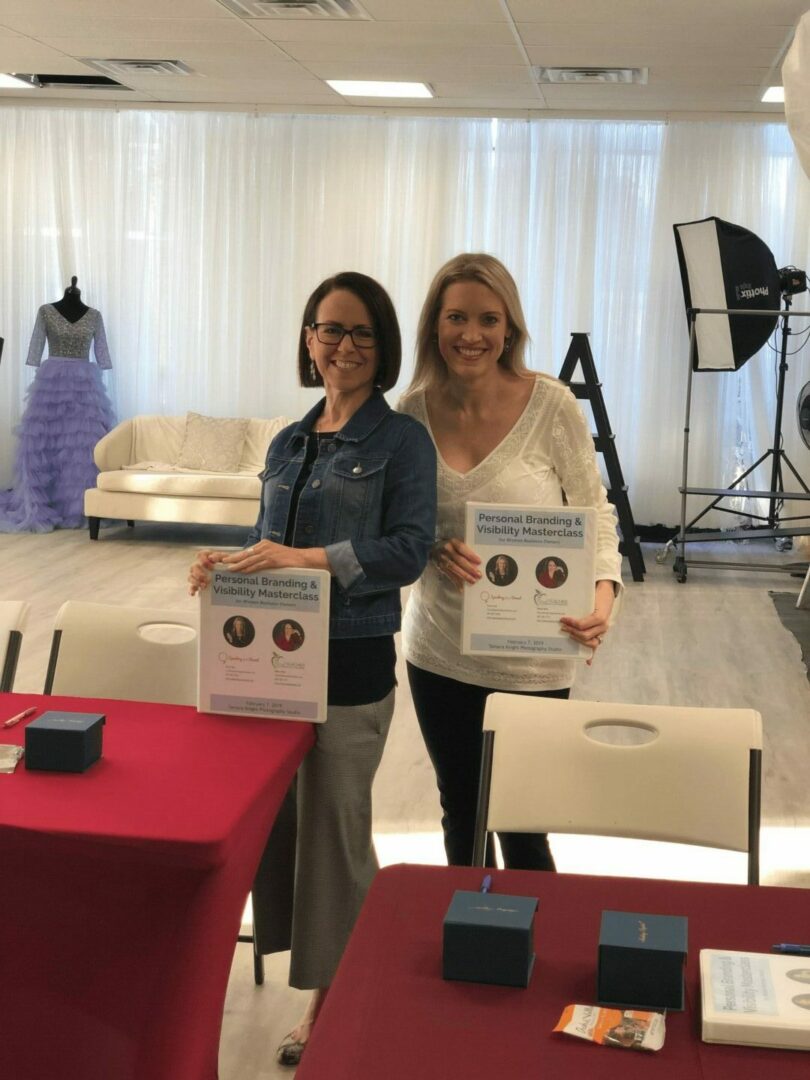
There is so much advice out there about all the different skills and qualities folks need to develop in order to succeed in today’s highly competitive environment and often it can feel overwhelming. So, if we had to break it down to just the three that matter most, which three skills or qualities would you focus on?
The three most important qualities, skills, or areas of knowledge that were most impactful in my journey are:
1) A love of learning. I truly believe in learning how to learn so that you can learn almost anything and continuing to learn and grow no matter your age or how long you’ve been doing the work you do. Continuous learning has helped me throughout my career. Early in my career I had to embrace the internet when it first came about. And now I’m learning about AI tools and how to incorporate them into my work while also helping my clients embrace them, too. Learning is never ending and so much fun. I would recommend to those early in their journey to seek out knowledge and opportunities to embrace new technologies. Continuing to learn and grow can only help you in your career or life.
2) Flexibility with change. The only thing that is constant is that things will always change. Change is coming for all of us in one way or another. And although I may not always like change and sometimes change makes me nervous, I have learned to embrace it and go with the flow. I’ve experienced many significant times of change in my life, both personally and professionally. I’ve come to realize that I can’t control whether or not a particular change is going to happen. But I can control how I work through that change. I would encourage anyone early in their career to embrace change and try to see the opportunities in it.
3) Say ‘yes’ even if you’re unsure or don’t feel fully ready. If someone in your world has asked you to take on a challenge – like give a presentation or talk somewhere or take on a new role or project – it usually means that they think you’re ready. But sometimes, we don’t think we’re ready or qualified. But I can say from personal experience that every time I’ve taken on a challenge, new role, new project, speaking opportunity or something else, I’ve always been able to deliver and often learn so much in the process. It was Nelson Mandela who said “I never lose. I either win or I learn.” I have absolutely found this to be true. But that winning or learning can’t happen if you don’t first take on the challenge. Don’t be afraid to say ‘yes’ to things even if you’re not 100% certain you can do them. You’re going to get something out of the experience no matter what.


Who is your ideal client or what sort of characteristics would make someone an ideal client for you?
Our ideal client for Speaking Your Brand is a professional or entrepreneur woman who is mid-career either in her own business or with a company. She wants to:
– Build thought leadership to grow her business or career
– Make a career shift or build her personal brand alongside the work she does in corporate
– Make a bigger impact in her industry, community, and the world through greater visibility
– Increase her confidence in the message she wants to share
– Use her voice to generate leads for her business
Her challenges or struggles are that she:
– Lacks a bit of confidence to know she’s the one to share a particular message
– Desires to have a bigger impact in her industry or community, but doesn’t know how to get started
– Has lots of ideas but not sure which ones are the the most interesting and how to make her message clear and engaging
– Doesn’t know how to structure a talk or presentation and what content and stories to include or leave out
– Feels a pull to talk about deeper topics but isn’t confident about how to do that
– Doesn’t know what steps to take to get paid to speak
Contact Info:
- Website: https://www.speakingyourbrand.com/
- Linkedin: https://www.linkedin.com/in/dianediaz/
- Youtube: https://www.youtube.com/@speakingyourbrand
- Other: Apple Podcasts = https://podcasts.apple.com/ca/podcast/speaking-your-brand-public-speaking-for-women/id1207649390?ign-mpt=uo%3D4&mt=2

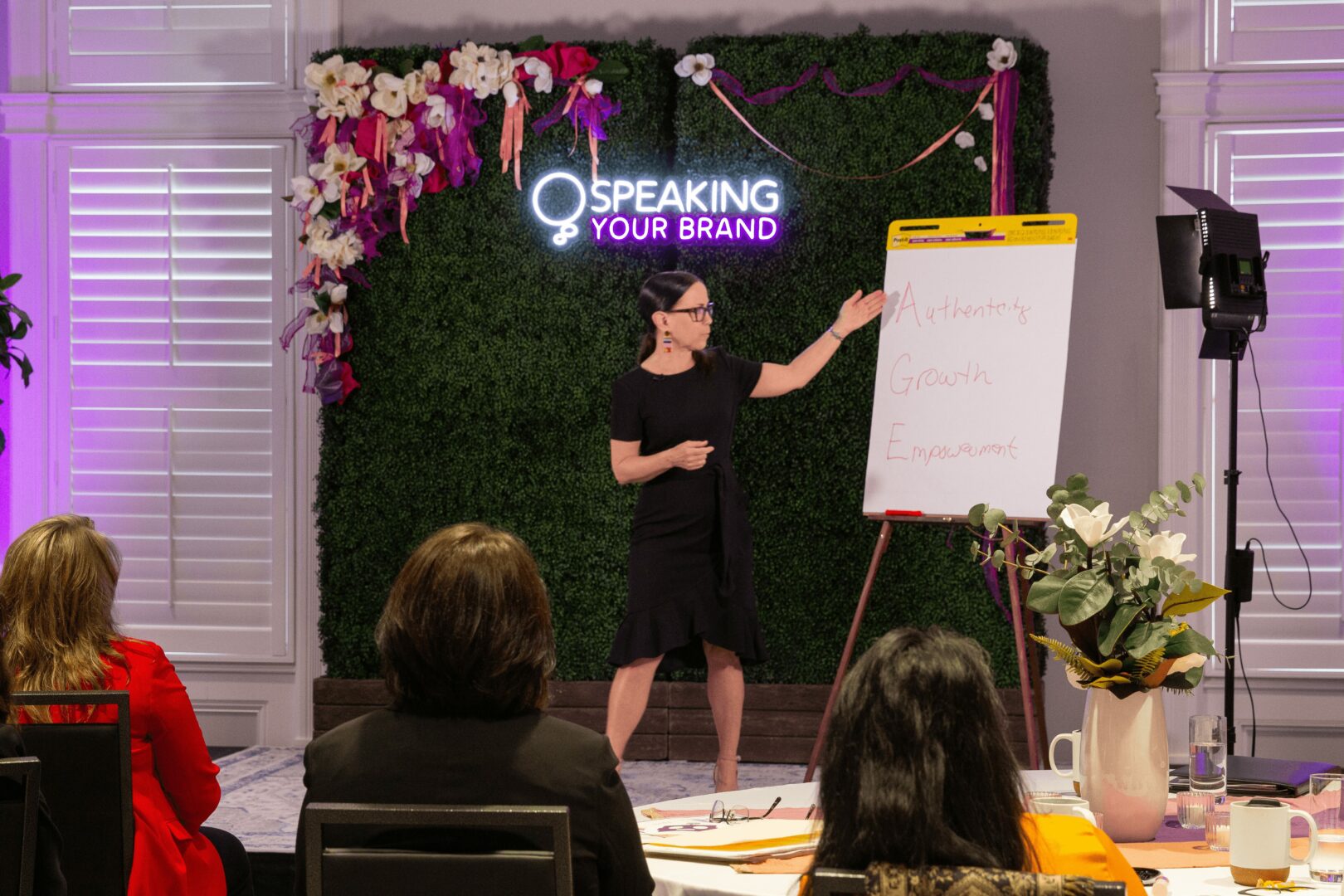
Image Credits
Three photo studio classroom-style workshop images credit to Tamara Knight Photography
so if you or someone you know deserves recognition please let us know here.


